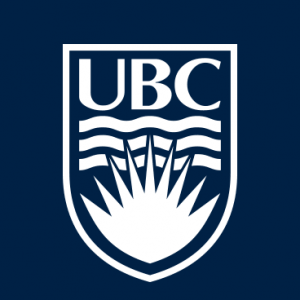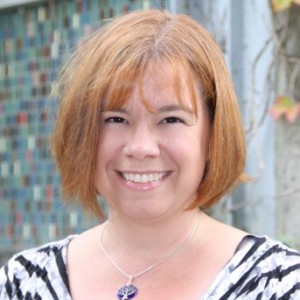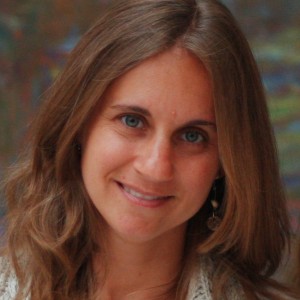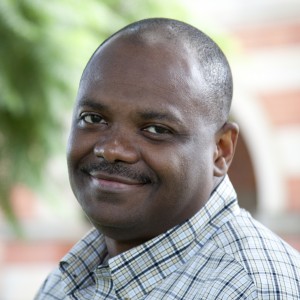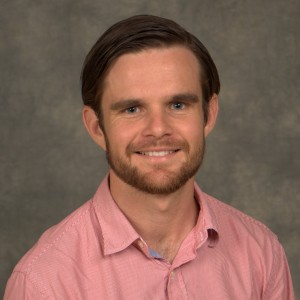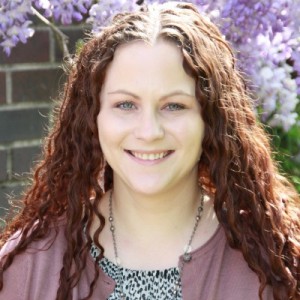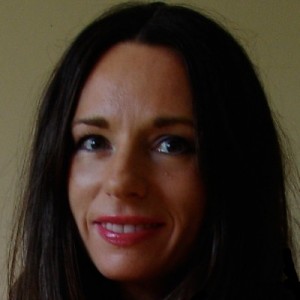Graduate Pathways to Success Sessions: Technical Writing + Living a More Congruent Life
Technical and Scientific Writing (offered in partnership with Mitacs Step) Wednesday, November 5 and Wednesday, November 12 9:00 AM – 4:30 PM For a complete session description, see https://www.grad.ubc.ca/about-us/events/11935-technical-scientific-writing-i-ii To register, visit https://www.surveyfeedback.ca/surveys/wsb.dll/s/1g39aa From Stress to Strengths! Living a More Congruent Life (offered in partnership with UBC Life & Career Centre and as part of […]
Academic freedom in Canadian higher education: Universities, colleges, and institutes were not created equal
Centre for Policy Studies in Higher Education & Training (CHET) http://www.chet.educ.ubc.ca Presenters: Barry E. Hogan, Dean, Academic Planning and Quality Assurance, British Columbia Institute of Technology (BCIT) Lane D. Trotter, President and CEO, Langara College DATE: December 3, 2014 TIME: 12:30 – 2:00 p.m. VENUE: University of British Columbia Ponderosa G Lounge 2044 Lower Mall […]
Ann Anderson
Mathematics education; Early childhood mathematics; Parent-child interactions; Multiliteracies; Families.
Her research focuses on parents’ support for young children’s mathematical learning in the early years with families from diverse backgrounds. By documenting children’s mathematics engagement in the family context, this research provides insights needed to connect and build from ‘at home’ mathematics in school settings. Dr. Anderson also collaborates with colleagues in researching multi-literacies in home, school and community contexts.
Kim Zebehazy
Blindness and visual impairment; Orientation and mobility; Low vision; Personnel preparation; Problem-solving and thinking skills and visual impairment; Assessment and visual impairment.
Dr. Zebehazy’s research focuses on blindness and visual impairment. More specifically she investigates topics related to the effective instruction of students who are blind and visually impaired in school as well as in specialized curriculum areas such as orientation and mobility. Her interest lies in helping students with visual impairments to become good problem-solvers and critical thinkers. Her scholarship has contributed to discussions about and efforts to improve practice in the field.
Sandra Zappa-Hollman
Academic English; Second language socialization; TESOL; Language and content integration; Social network theory; Qualitative research; Intercultural competence; International education.
Her research focuses on the academic English discourse socialization of non-Anglophone students in English-medium higher education contexts. Dr. Zappa-Hollman examines strategies for integrating language and content instruction in sheltered university programs for English language learners. The main goal of this research is to contribute with enhanced understandings of effective models that expedite academic English development and familiarity with values and expectations in the target context.
Handel Wright
Multiculturalism; Race relations; Africa and diaspora; Sociocultural identity; Cultural studies; Youth.
Dr. Wright’s research focuses on issues of identity related to representation and social justice locally, nationally and internationally. In particular he works on multiculturalism and related or competing discourses (transnationalism, interculturalism, cosmopolitanism, diaspora) and how these contribute to and affect identity (e.g. immigrant, multiracial and queer youth). He also works on Africana identity construction on the continent and in the diaspora (especially Canada and the United States).
Brian Wilson
Sport; Media; Peace; Environment; Culture.
Dr. Wilson’s research examines ways that sport is enabling for people, and how sport may be implicated in the reproduction of social and environmental problems. He focuses especially on sport’s role in peace-building and environmental issues pertaining to sport. He has contributed to the advancement of knowledge on topics like the impacts of sport-related media messages, golf-related environmental issues, and the role of sport events as part of reconciliation efforts in post-conflict zones.
Christopher West
Spinal cord injury; Cardiovascular; Exercise; Respiratory; Rehabilitation; Echocardiography.
Dr. West is a translational research scientist who investigates the autonomic and cardiorespiratory consequences of spinal cord injury (SCI). His basic science research has shown that passive lower-limb exercise is able to prevent many of the cardiovascular abnormalities that accompany SCI. His clinical research has shown that elite athletes with SCI who have a more ‘intact’ cardiovascular system are able to perform better during exercise.
Rachel Weber
Pediatric neuropsychology; Neuropsychological assessment; Cognitive development; Bilingual development; Pediatric cancer.
Her research examines the cognitive development of children considered at-risk, specifically focusing on children who demonstrate cognitive resilience. In addition, Dr. Weber is also involved in research to promote cognitive functioning in pediatric cancer survivors, who are also considered at-risk for specific cognitive difficulties. Her scholarship will impact the intervention and prevention efforts targeting cognitive development in these and other at-risk populations.
Barbara Weber
Engaged philosophical inquiry; Multiculturalism and human rights; Empathy and reason; Phenomenology; Hermeneutics; Theories of embodiment; Philosophy for children.
Dr. Weber is an interdisciplinary researcher, combining philosophical expertise with empirical research (psychology, pedagogy, sociology) and community engagement. For example, her three single authored books (2013) discuss the topics of human rights, empathy and reason from a straight philosophical perspective as well as psychology and education. Dr. Weber is also one of the leading figures in the area of Engaged Philosophical Inquiry and has published and edited many central journals/books.
